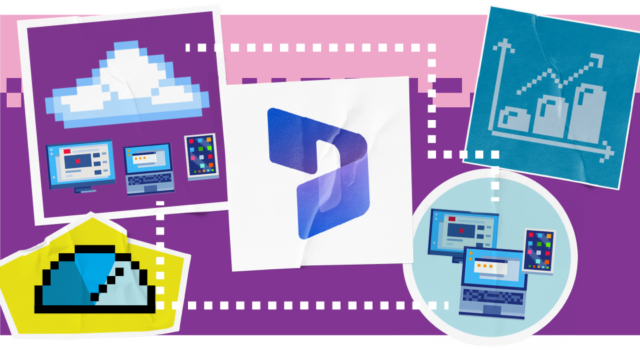How do Infinity Group deploy Microsoft Fabric?
Microsoft Fabric works best when your data is in good shape. We’ll work with you to prepare you data, including understanding what you have, where it’s stored and what quality it is.
Where there are gaps or issues with your data, we can help you to get it in a better, more complete state. And if there isn’t information you’d like, but don’t have access to, we can identify where to get it from. We can also configure the right logic to add meaning to your data and provide the insights you need to make progress.
Fabric can then pull together data from all the relevant sources, giving you everything you need at your fingertips. We can also build report and visualisations for you, making it easier to share data at various business levels and make sense of it. Finally, we’ll support you through the migration process to Fabric, ensuring all your data is moved effectively and securely.






